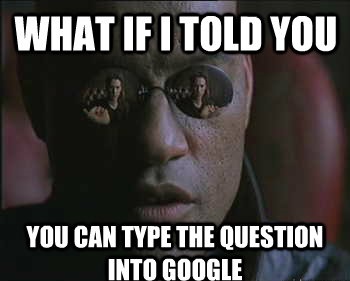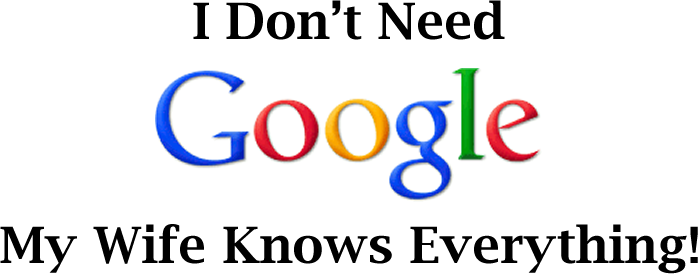This morning while I was drinking my coffee, the first one, I decided to see what’s new on Search Engine Roundtable and saw this post.
The article itself is nothing special but it managed to remind me of a big question which does not have a definite answer and has been creating SEO confusion since Panda.
What Is High-Quality Content?
The whole idea of Panda was to penalize websites with “bad” content and I have been sick of hearing the same old mantra “Write better content.”
Let’s not forget that Google is not a human being and cannot just say “This article is not interesting so I will penalize it.” It has to have some clear and measurable signals which define what “quality” is.
 In the official Google document, which gives us general guidance on how to build high-quality websites, they have outlined 23 questions we should be asking ourselves when writing content. Since we are into software development we cannot help but ask ourselves how could a piece of software (Google) ask the same questions when evaluating our websites.
In the official Google document, which gives us general guidance on how to build high-quality websites, they have outlined 23 questions we should be asking ourselves when writing content. Since we are into software development we cannot help but ask ourselves how could a piece of software (Google) ask the same questions when evaluating our websites.
We do not have the time to look at each one of them but let’s try and analyze several:
– “Is this article written by an expert or enthusiast who knows the topic well, or is it more shallow in nature?”
Now, this one I can clearly see how they can use authorship to determine. What happens if the author does not use Google+? Maybe they will still use good ol’ backlinks to see who links to it?
– “Does the site have duplicate, overlapping, or redundant articles on the same or similar topics with slightly different keyword variations?”
That’s pretty easy to see. The idea here is that we avoid having the same content on our money sites. Duplicating content on the same website – just FYI 😉
– ” Does this article have spelling, stylistic, or factual errors?”
Here is where it gets tricky. Spelling and stylistic mistakes are easy to catch but factual errors? If I say that Albert Einsten was born on 21st of January 1965, instead of 14 March 1879, will Google penalize my website? How does it know that I don’t have an uncle called Albert Einsten or I don’t just write some sort of a science fiction story?
– ” Would users complain when they see pages from this site?”
– “Would you expect to see this article in a printed magazine, encyclopedia or book?”
We can figure out how Google could algorithmically determine if the content is interesting – number of shares, bounce rate, time on page and so on. But there are too many variables here, what if I don’t want to use Google Analytics and don’t want Google’s code on my website?

Don’t get me wrong. I would love to read only content following Google’s guidelines but they are more like how-to’s for bloggers and writers.
Let me know what you think high-quality content is. I am really interested in knowing what you think about those Google high-quality content guidelines.
